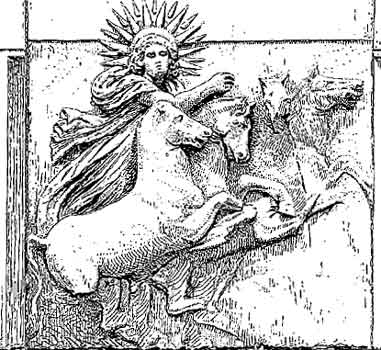Alright, so I'm writing this with a fever. If it makes a little less sense than usual, I'm sorry. Right, on we go. Last week, in a post on my own blog, I listed the mythical kings of ancient Athens. I ended that list with Codrus (Κόδρος), who ruled Athens from 1089 to 1068 BC. His son Medon was (probably) the first who ruled the city-state as archon. From that post:
During the Dorian invasion, the Oracle of Delphi prophecied that the Dorians would win, as long as the king of Athens was not harmed. Hearing of this prophecy, Codrus disguised himself as a peasant and snuck to the Dorian camp. Here, he made a fuss, and was prompty killed. The Dorians retreated upon learning what had happened. It was decreed that no one would be worthy enough to succeed Codrus on the throne, and so, Athens only had archons afterwards.
The archons did not rule as kings; where kings were sole rulers of the city state, archons ruled first in threes, then in nines, then in tens and their power did not extend to law-making. Indeed, the Athenians had a clear understanding of the difference between sovereign power and executive government, and they kept the two separate far more than any modern government.



















